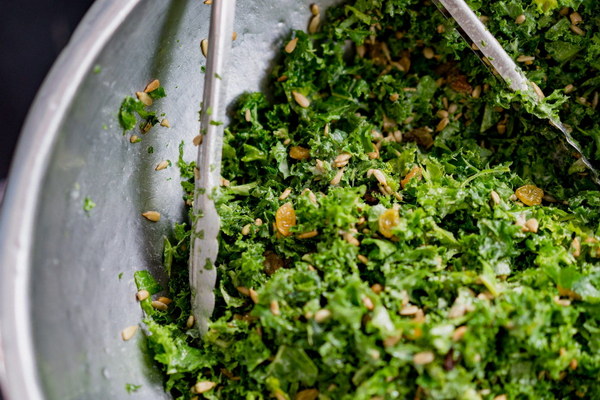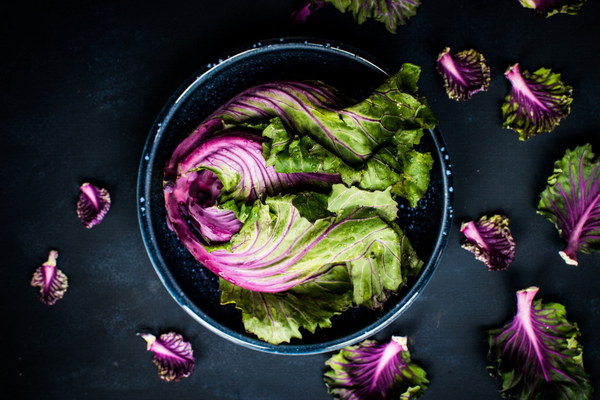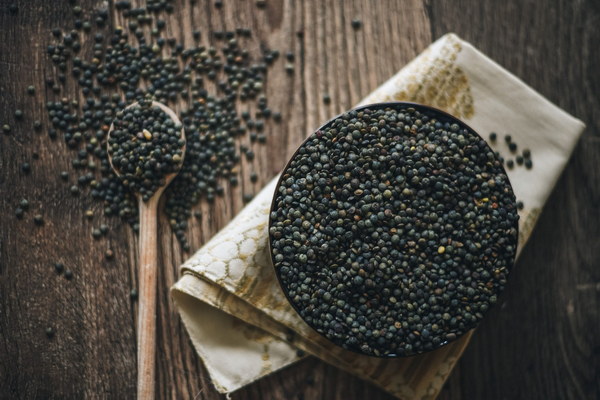Revolutionize Your Diet Discover the Benefits of Iodine-Rich Foods for Better Health
Introduction:
In today's fast-paced world, maintaining a healthy diet has become more challenging than ever. One essential nutrient that often gets overlooked is iodine. Iodine is crucial for the production of thyroid hormones, which regulate metabolism and play a vital role in maintaining overall health. Incorporating iodine-rich foods into your diet can offer numerous benefits. In this article, we will explore the importance of iodine, its sources, and how iodine-rich foods can improve your health.
The Importance of Iodine:
Iodine is an essential mineral that plays a crucial role in the production of thyroid hormones, which are responsible for regulating metabolism, growth, and development. Adequate iodine intake is vital for preventing thyroid disorders, such as goiter, hypothyroidism, and hyperthyroidism. Moreover, iodine is essential during pregnancy and infancy for the normal development of the brain and nervous system.
Sources of Iodine:

The primary sources of iodine are iodine-rich foods. These include seafood, dairy products, eggs, and iodized salt. Seafood, such as fish, shellfish, and seaweed, is particularly high in iodine. Dairy products like milk, cheese, and yogurt also contain iodine, as well as eggs. Iodized salt is another common source of iodine, as it is fortified with iodine during the manufacturing process.
Benefits of Iodine-Rich Foods:
1. Thyroid Health: As mentioned earlier, iodine is crucial for thyroid hormone production. Incorporating iodine-rich foods into your diet can help maintain a healthy thyroid, reducing the risk of thyroid disorders.
2. Metabolic Rate: Thyroid hormones regulate metabolism, and adequate iodine intake can lead to a more efficient metabolism. This means better weight management, increased energy levels, and improved overall health.
3. Brain Development: Iodine is essential for the normal development of the brain and nervous system, especially during pregnancy and infancy. Including iodine-rich foods in your diet can ensure that your baby receives adequate iodine for optimal brain development.
4. Reduced Risk of Hypothyroidism: Hypothyroidism is a condition characterized by an underactive thyroid, leading to symptoms such as fatigue, weight gain, and depression. Consuming iodine-rich foods can help prevent hypothyroidism, thus reducing the risk of these symptoms.
5. Improved Heart Health: Thyroid hormones also play a role in heart health. Adequate iodine intake can help maintain healthy heart function, reducing the risk of heart disease.
6. Enhanced Immune System: Iodine is also important for maintaining a strong immune system. Including iodine-rich foods in your diet can help keep your immune system functioning optimally.
How to Incorporate Iodine-Rich Foods into Your Diet:
1. Seafood: Aim to include seafood in your diet at least once or twice a week. Fish like salmon, shrimp, and scallops are excellent sources of iodine.
2. Dairy Products: Incorporate dairy products such as milk, cheese, and yogurt into your daily meals. These products can provide a good source of iodine.
3. Eggs: Eggs are a versatile and nutritious food that can be easily added to various dishes. They are also a source of iodine, making them a great addition to your diet.
4. Iodized Salt: Use iodized salt in your cooking and at the table. This is one of the simplest ways to ensure you're getting enough iodine in your diet.
5. Seaweed: Seaweed, such as nori, dulse, and kelp, is an excellent source of iodine. You can add seaweed to salads, sandwiches, or even make seaweed snacks.
Conclusion:
Incorporating iodine-rich foods into your diet can have numerous health benefits, from maintaining thyroid health to improving brain development and heart function. By focusing on seafood, dairy products, eggs, iodized salt, and seaweed, you can ensure that you're getting adequate iodine in your daily diet. So, start exploring these iodine-rich foods and experience the benefits for yourself!









